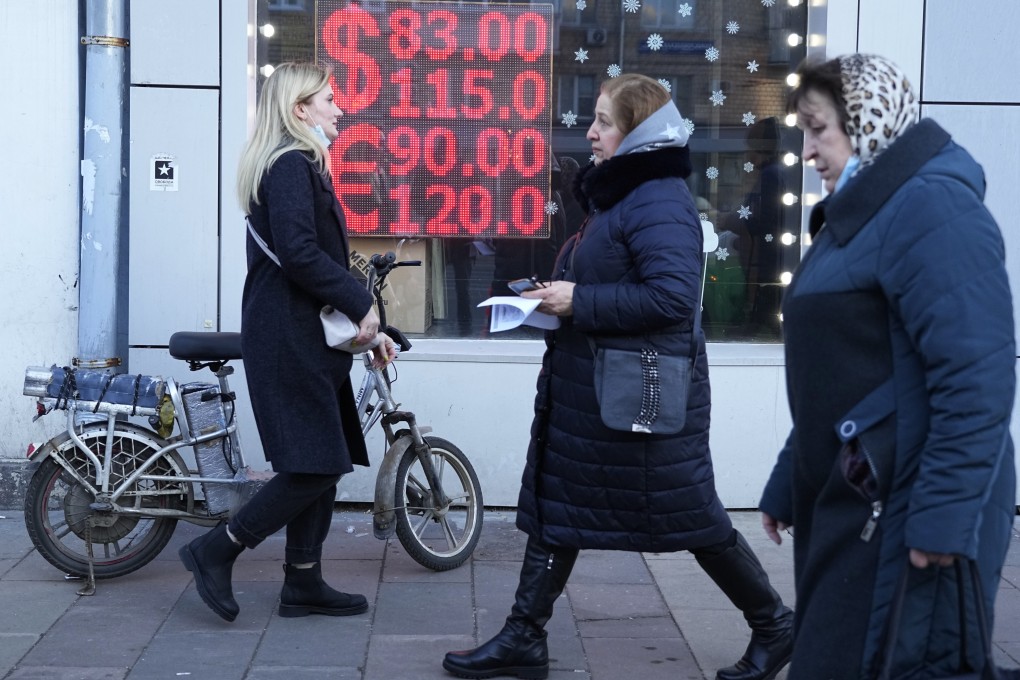Advertisement
Macroscope | Ukraine invasion: China’s economy is not immune from the effects of Western sanctions on Russia
- Commodity prices were already high, and the war in Ukraine will make the energy, food and raw materials that drive China’s economy even more costly
- Given the risks, Beijing might well conclude that its interests are best served by not going far beyond ‘normal’ trade with Russia
Reading Time:3 minutes
Why you can trust SCMP
34

“There are decades when nothing happens, and there are weeks when decades happen,” Vladimir Lenin is credited with writing of the Russian Revolution. Fast forward to today and those words again resonate. Russia’s invasion of Ukraine is a humanitarian crisis that will also have lasting, and consequential, economic and financial repercussions.
China is an economic titan, but it will not be insulated from these consequences. Soaring commodity prices are a case in point.
China imports vast amounts of energy, food and raw materials to power its economy, but prices are soaring in the wake of Russia’s invasion of Ukraine. That would not be great news for the Chinese economy at any time, and it is even worse when the latest rises in commodity prices started from already-high levels.
Advertisement
A strong yuan provides something of a buffer against higher US dollar-denominated commodity prices, but it’s not a complete offset. China’s yuan-denominated commodity imports bill is going to rise and bring with it unwanted inflation.
But that is only one of the issues that policymakers in Beijing will need to consider.
Advertisement
China has become embedded in the global economy in the 50 years since Mao Zedong met US president Richard Nixon. China’s economy is not an island, and the financial waves generated by Russia’s invasion will lap at China’s shores and could be accompanied by ripples generated by US monetary policy changes.
Advertisement
Select Voice
Select Speed
1.00x
